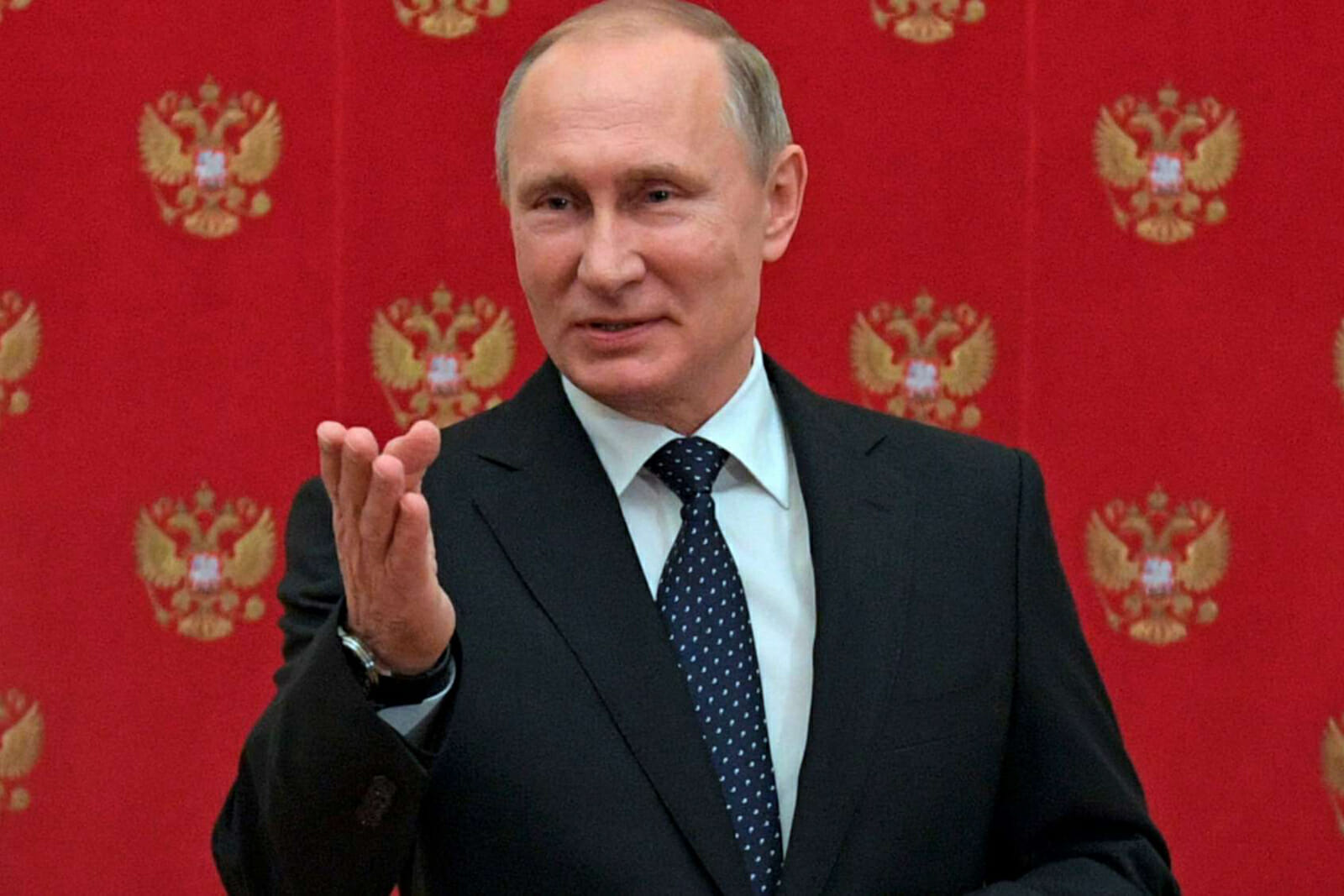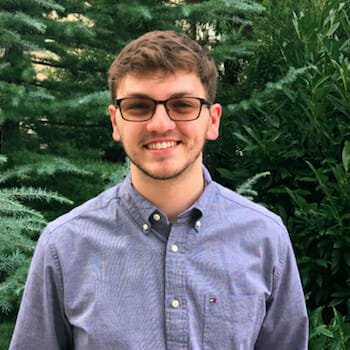
Perennial Putin and Russian Stability
One of George Washington’s many gifts to America was his willingness to end his own tenure after two terms of service. The United States, acutely defenseless as it began its experiment with constitutional democracy, saw a stable transfer of power that shocked the world. Washington’s humility is survived today by democratic tradition.
Russian President Vladimir Putin was never a student of this lesson. Instead, he has held onto power ever since his move to the executive two decades ago. And as his final term is set to end in 2024, Putin seems intent on deepening his influence in the government. Putin recently proposed constitutional changes which seem motivated by this desire.
The rollout was not without notice. In addition to widespread speculation about what exactly Putin’s intentions are, his longtime prime minister, and ally, Dmitry Medvedev resigned, facilitating a massive government shakeup that led to the latter’s move to the State Council. As Russia expert Stephen Sestanovich explains, these reforms weaken his successor’s power, strengthen parliament, and embolden the State Council, currently a simple advisory body.
These changes seem to be what many feared: Putin finding some way to retain control as his time wanes. However, this was highly predictable, as Putin has performed this same dance before. In 2008, he became Medvedev’s prime minister, only to return to the presidency four years later, after the office’s powers had been bloated by constitutional changes enabling him to serve two more six-year terms. In addition, as Foreign Affairs notes, Putin has maintained control of “the broadcast media, the parliament, the courts, and security services,” consolidating his authority and reshaping Russia in his very image. Steven Lee Myers documents in his book The New Tsar that even when Medvedev was president, Prime Minister Putin controlled many of the strings from behind the scenes. A staple of Russian politics, Putin has done more than just place himself at its center. He has made himself indispensable.
The greatest question is one of Russia’s future. At this vulnerable moment, Russians desire change but fear losing stability without the man who has proven able to juggle many of the endless challenges faced by post-Cold War Russia. In Putin’s own words, “the well-being of the people depends, possibly primarily, on stability,” the linchpin of his presidency.
Russia is undoubtedly more stable than it was in the 1990s. The Yeltsin years were traumatic to many who watched their Soviet system collapse and give way to mass political instability, economic insecurity, separatism, and criminality. Putin’s entrance into government slowly but surely brought a level of stability for which Russians longed, but his rule has clearly been a mixed bag. At this point, in order for the nascent — and under siege — Russian democracy to progress, the man who has stifled its growth for so long would have to vacate its most prestigious positions of power.
Putin’s regime, however, brings a multitude of problems at the expense of this vaunted stability. Elections have been notoriously unfree and marred by rigging. Minority groups like the LGBTQ community have been subject to discrimination and brutal political violence. The economy has struggled with tepid growth and Putin has taken aim at pensions and other programs underpinning many citizens’ livelihoods.
Unfortunately, the country seems stuck with Putin, who will doubtless exercise some form of control even after abandoning the presidency. But in order to maintain stability, Putin must loosen his iron grip over the nation’s future. Stability, to Putin, has meant consistent strongman rule with the allowance of little dissent and a strong level of control over institutions of power. As a result, the level of expertise that Putin has amassed is much greater than anyone else’s in Russia.
There are some limitations to his choices. Putin is unlikely to go the way of Xi Jinping in looking to serve for life as president. Given that his return to the post in 2012 spawned massive protests against his rule, he may no longer have the political capital to save face if he takes this route. As hostile to democracy as he is, Putin understands that he must wear a democratic mask in order to not appear completely authoritarian. What looks more likely for Putin is a shift to the State Council or, again, to the prime minister’s seat.
If Putin is to retain some influence, he should treat his role as an advisory one. His ability to juggle all of the facets of Russian politics would make him an asset to future administrations. But continuing to hold his current grip on power only makes it more likely that he compromises his nation’s ability to do the inevitable and necessary: move past him. Therefore any move to return as prime minister would be detrimental. Putin has a propensity to sideline and thus delegitimize those with which he works closely with, as he did to Medvedev at the end of the latter’s presidential term. Thus, he must be willing to take a backseat so as to not step on the feet of his successor — or convince the Russian people to long for his return.
Putin entering the State Council would prove problematic as well. The newly muscular State Council would have the power to prescribe both domestic and foreign policy for the president. If headed by Putin, he would secure a constitutionally enshrined role as an advisor to his successor. And despite the obvious issues with this plan, it is perhaps more favorable than a return to his previous role as prime minister, imperfect as it may be.
The reality is that a nation requiring one individual’s influence in order to function — or with one individual overstaying their welcome — is inherently unstable. Young Russians have never lived in a nation not controlled — and perhaps defined — by Putin. The New York Times concludes that “Putin oversees a political class perhaps more fearful of [Putin’s] absence than his presence.” What a precarious predicament to be in.
These new reforms are steps in the right direction because they return checks and balances to the Russian political system and limit sweeping presidential authority. But a lingering Putin may decide if they are ultimately exploited for his own purposes, or if they truly advance democratic tradition in the country.
When Washington resigned, it was to ingrain stable democratic values. Putin will now decide if he even sees Russia as a democracy by answering the remaining questions about his — and Russia’s — upcoming transition. Only if he agrees to side with democracy over his own hubris will democratic stability take root. And only then can Russia chart a new path, one in which it decides its own future.

